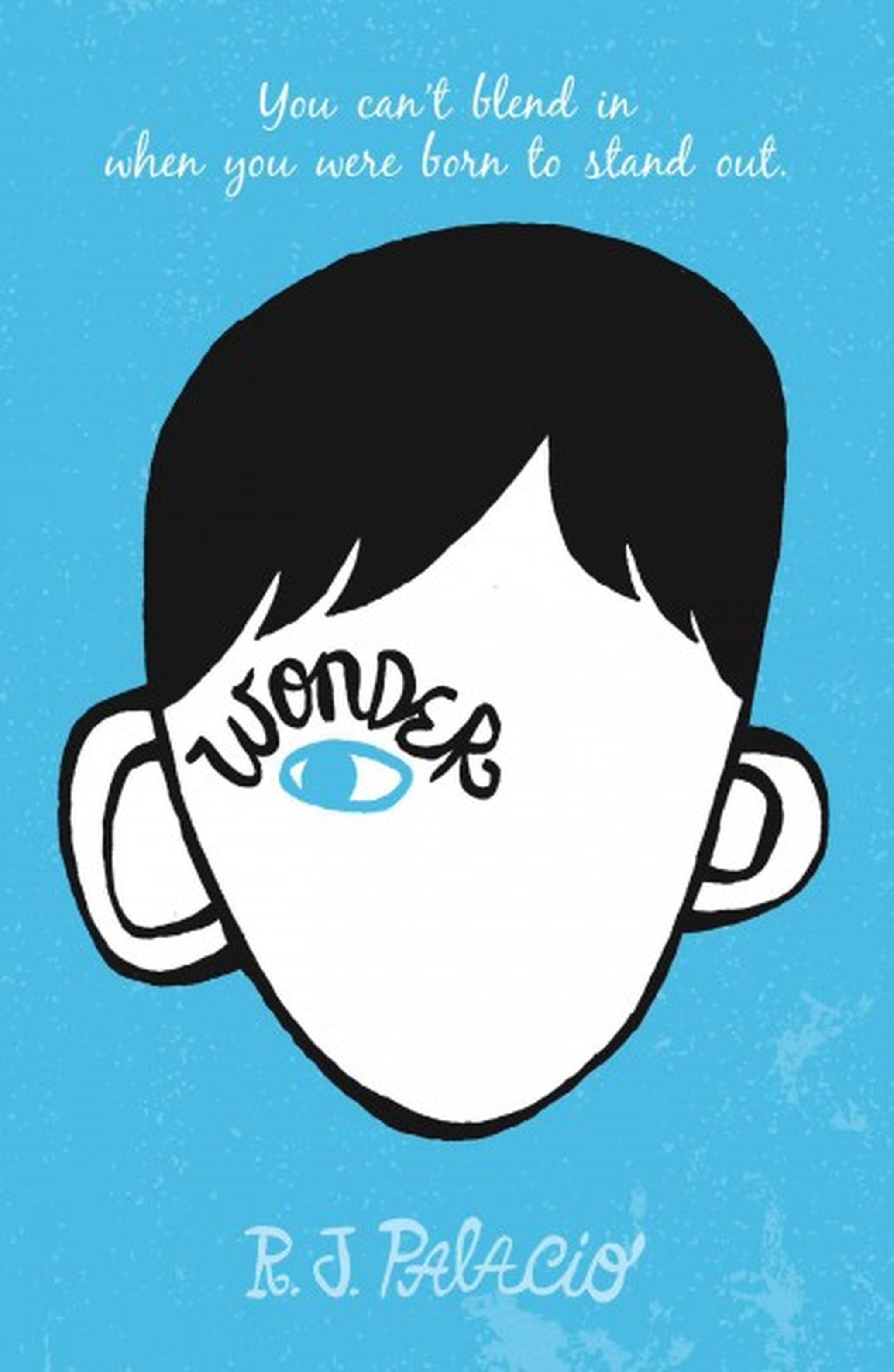"I didn't destroy a Death Star or anything like that, but I did just get through the fifth grade. And that's not easy, even if you're not me."
-August (Page 308)
The second half of Wonder by R.J. Palacio initially continues with Jack's perspective as he tries to figure out why August is upset with him. When he finally decodes Summer's clue, he feels horrible. He is quickly given an opportunity to show his true colors when he punches Julian for taunting August. Although Jack gets suspended, Mr. Tushman ultimately understands that he had noble reasons for his actionsWe also learn that Julian is influenced by the words and actions of his mother, Melissa. She criticizes Mr. Tushman and Beecher Prep for allowing August to attend. Julian instigates a "war" among the fifth graders as he tries to turn people against Jack so that Jack will stop hanging out with Auggie.
The next section is told from the perspective of Justin, Via's new boyfriend. Justin is the first outsider who really interacts with August's family, as he takes the time to get to know Via's parents and brother. He encourages Via to try out for the school play, Our Town, even though he ends up cast as the romantic lead opposite Miranda. Justin also learns about the conflict Jack and Auggie are facing at school and he stands up for Jack when Julian, Henry, and Miles try to mess with him.
I'm going to hide the rest of the summary below because of spoilers!
Style Choices
In addition to using different perspectives for the first person narrative, Palacio also plays around with the format of her writing. This add even more depth and voice to the characters. For example, she uses letters, email, and text messages to show how Jack and August reconcile their relationship, as well as introducing Melissa as another minor antagonist. It also allowed characters such as Melissa and Mr. Tushman to speak in first person without dedicating an entire section to them.
Also, Justin's section is written in the way that one might expect him to write: very formally and with no capitalization. It adds another layer to characterization without having to describe anything at all. Essentially, she shows us more about the character instead of telling us.
These different style choices give students the opportunity to expand their own writing. One activity could be to have them rewrite one of their own pieces with letters, emails, text messages, or even social media. They could also play around with different conventions to show how their character would actually write.

Nice summary Melissa! I like your instructional ideas to use the reference of multiple conventions to write their own story. It's a great talking point too about how characters are built through a variety of means, not just explicit text.
ReplyDelete